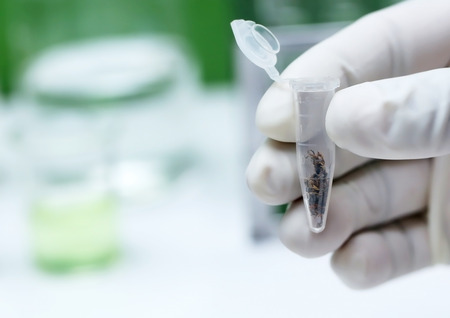Cannabis and Safety
Potential Side Effects of Cannabis and Risks
The most common way people overdose is by eating edibles, remember these products can take 1-2 hours to take effect.
Medical Cannabis has a potent analgesic effect and can mask symptoms of serious illness. Make sure you know your diagnosis before starting on a treatment plan with medical Cannabis.
Common side effects: changes in balance and fine-motor control, tiredness, anxiety, dry mouth, increased appetite, dizziness, and short term memory loss, and nausea.
Smoke can exacerbate preexisting airway disease like COPD
Addiction. That 5-9% of users become addicted.
Withdrawal symptoms – Daily users can experience irritability and other symptoms of withdrawal if they abruptly stop using cannabis products.
Cannabis intoxication causes short term impairment in memory, problem solving, reaction time and should not be used while driving or operating heavy machinery.
Cannabis can cause transient mood, anxiety and psychotic symptoms.
Chronic Obstructive Pulmonary Disease has been shown to be a greater risk to those that smoke both cigarettes and cannabis.
Cannabis compounds cross the placenta and enter into breast milk and are associated with low birth weight and developmental delay and behavioral problems and should never be used by breast feeding or pregnant women.
Cannabis can lower blood pressure and strain the heart at times by producing tachycardia and patients should consult their cardiologist if they have ischemic heart disease or low blood pressure.
If you are immunosuppressed due to HIV, organ transplant, alcoholism, or intravenous feeding you should not smoke or vaporize cannabis because it can have fungus in the marijuana which could cause sinus and lung infections. Instead choose the sublingual or edible route.

